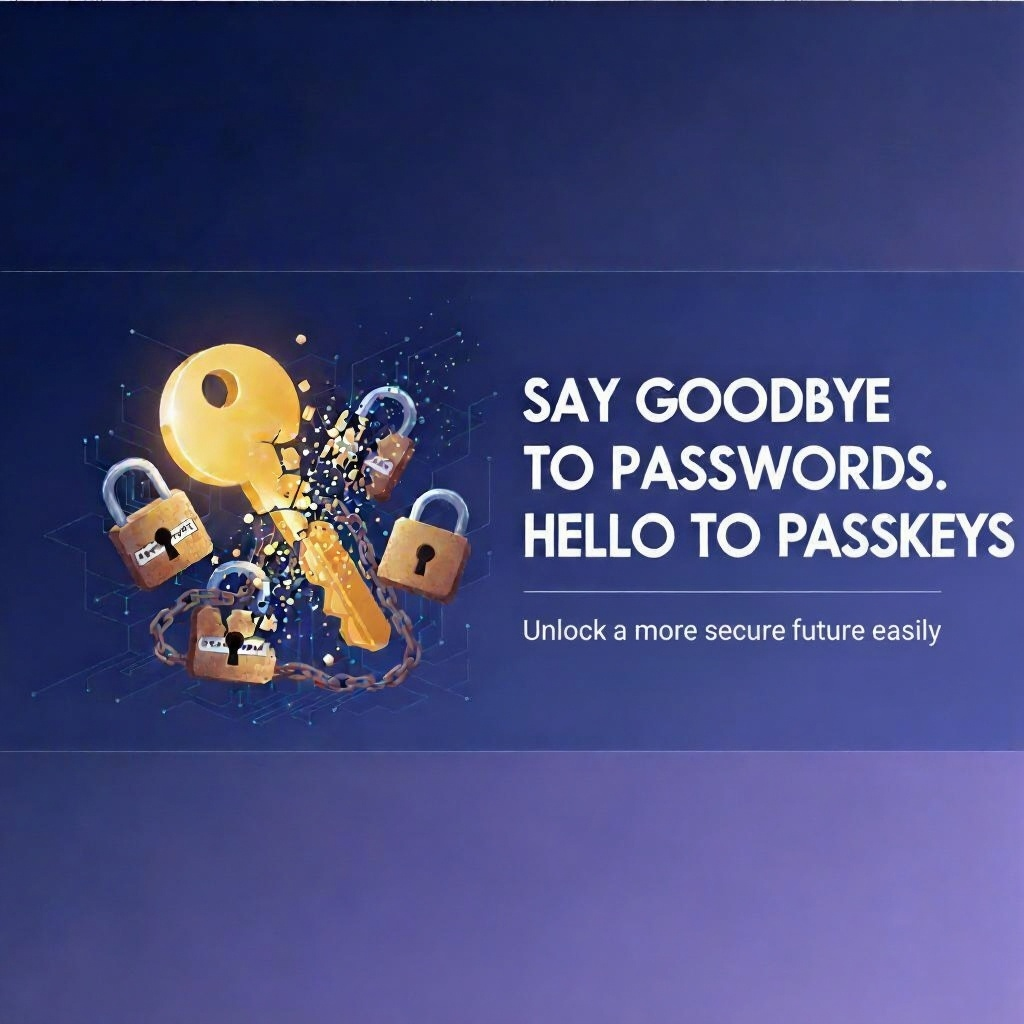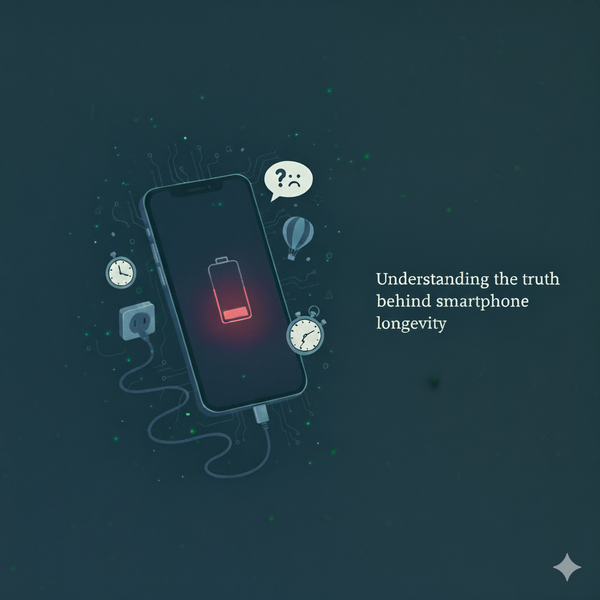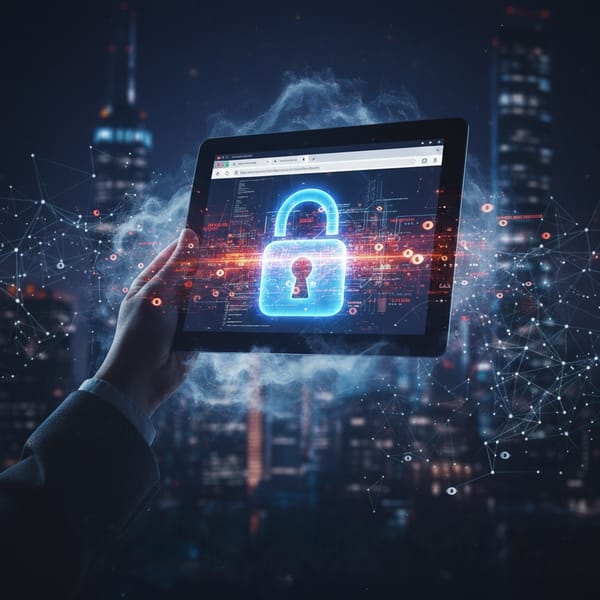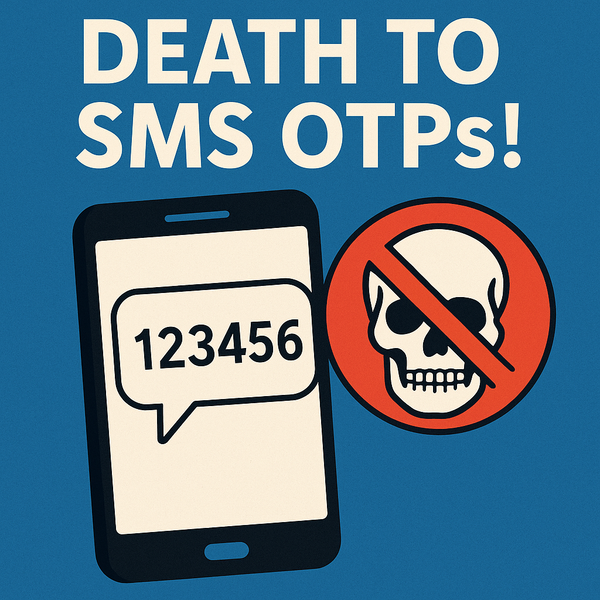Why your password is about to become obsolete
How many passwords do you have? If you’re like most people, you probably reuse the same password across multiple sites, maybe with a number tacked on the end or a slight variation. You know it’s not secure, but remembering 50 different complex passwords feels impossible.
Here’s the thing: you’re not lazy or irresponsible. The password system is fundamentally broken, and it’s not your fault.
I’ve spent years building secure financial systems, and I can tell you that passwords are the weakest link in digital security. Even when you follow all the rules, such as long passwords, unique combinations, special characters, etc., you’re still vulnerable. Every time you type your password, it travels across the internet. Every website stores a copy of it (or should store a scrambled version). Every data breach puts your accounts at risk.
But there’s good news: passwords are about to become obsolete, thanks to something called “passkeys.”
What Are Passkeys and Why Should You Care?
Think of passkeys like the difference between giving someone a house key versus letting them use your fingerprint to unlock your door. With a traditional key (password), anyone who gets hold of it can use it. But your fingerprint is unique to you, and it can’t be copied or stolen in the same way.
Passkeys work similarly. Instead of typing a password that gets sent over the internet, your device creates a unique digital signature that proves you’re you. This signature can’t be reused by hackers, can’t be stolen in a data breach and can’t be guessed by criminals.
When you sign into a website with a passkey, you might use your phone’s face recognition, fingerprint scanner or even just unlock your phone. The website never sees your biometric data; your device handles that part and simply sends a secure “yes, this is really them” message.
Why This Matters to You
If you’ve ever dealt with identity theft, you know the nightmare it creates. I’ve seen clients spend months recovering from breaches where criminals used stolen passwords to access bank accounts, social media profiles and email accounts.
Passkeys eliminate most of these risks. Even if a website gets hacked and all its security data is stolen, there’s nothing useful for criminals to take. Your passkey signature is unique to you and that specific website; it’s useless anywhere else.
For everyday life, this means:
- No more forgotten passwords
- No more password reset emails
- No more typing complex passwords on your phone
- No more worrying about whether your password is strong enough
- No more panic when your favourite website gets breached
The Reality Check
Passkeys aren’t science fiction; they’re here now. Apple, Google, and Microsoft have all built support into their devices. If you have a relatively recent iPhone, Android phone or computer, you probably already have everything you need.
But here’s what the tech industry isn’t telling you clearly enough: this transition is inevitable. Companies are moving away from passwords because they’re tired of dealing with the security headaches, too. The question isn’t whether passkeys will replace passwords, it’s whether you’ll be ready when they do.
And if you’re thinking, “What if I lose my phone?”. The system is designed for that scenario.
Passkeys sync securely across your devices (e.g. iCloud, Google Password Manager, 1Password, etc) using end-to-end encryption. Losing a device doesn’t lock you out; you can authenticate on a new one, making it more secure than a vulnerable, reusable password.
What You Should Do Right Now
Start small. Next time you’re on a website that offers passkey setup (look for options like “passwordless login” or “use passkey”), try it. Most sites let you keep your password as a backup while you test the new system.
Don’t worry about understanding the technical details. You don’t need to know how your car’s engine works to drive safely. The same applies here; the technology companies have done the hard work of making this simple and secure.
The password era is ending, and good riddance. For the first time in decades, we have a security solution that’s both more secure and more convenient than what we’re replacing. That’s a rare combination in technology, and we should embrace it.
Your future self, the one who never has to reset a forgotten password again, will thank you.




